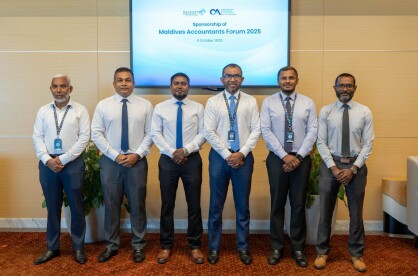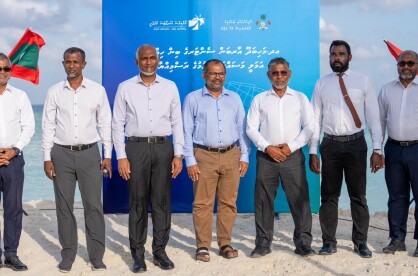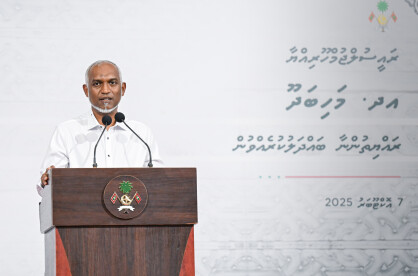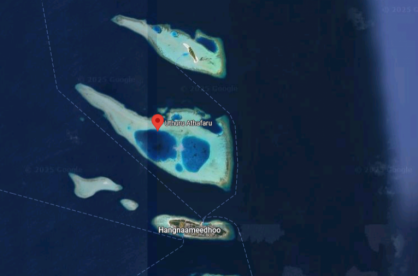Policy reforms needed to boost long term financial resilience
Setting up long term targets for external reserves can serve as a buffer to minimise the impact of shocks.

MFR Images
Setting up long term targets for external reserves can serve as a buffer to minimise the impact of shocks.

MFR Images
Maldives is faced with a complex multidimensional set of vulnerabilities to long-term growth. Knowing the country’s specific vulnerabilities and preparing for unanticipated changes that may impact long-run socio-economic targets, is a natural first step to promote sustainable development. Understanding, analyzing and quantifying these vulnerabilities will enable authorities and other stakeholders to better manage emerging risks.
Sound financial policies and structural reforms are necessary to maintain long-term macroeconomic stability and increase financial resilience. Studies have shown that the speed at which the recovery begins, and the country’s post-shock economic performance depends in part on (pre-shock) initial macroeconomic condition.
Multi-year budgeting
A move to multi-year budgeting based on rigorous risk analysis of country-specific vulnerabilities, supported by a strong macro-fiscal management framework could be highly beneficial in achieving smooth adjustments to the economy. Multi-year budgeting also enables the government to give greater consideration to improve public debt sustainability, provide more leverage in addressing structural policies aimed at diversifying the economy, to assist early recovery from shocks and build back better for the long run.
Building external reserves
Setting up an official long-term target for external reserves through legislative means to serve as a basic buffer for minimizing the impact of global shocks, will significantly increase credibility in governance and in business confidence. Such targets would also assist the Maldives to continue to maintain high international credit rating that is so important for private and government investments.
Financing environmental protection
Financing environmental protection is critically important for minimizing the impact of intermittent shocks to the economy. Tourism and fisheries are the main sources of livelihood and they are both highly reliant on the country’s rich and fragile coral reefs and other marine resources. After extensive use of the fragile and vulnerable ecosystem, setting aside a portion of the income for investment in income-generating assets has proven highly successful in many countries. These investments could generate predictable streams of income while providing a precautionary buffer to negative shocks.
Protecting the vulnerable
Protecting workers and other vulnerable groups against the severity of negative consequences of external economic shocks is critical. The impact of both the Tsunami and the Covid-19 pandemic has left a large number of workers out of employment and income without any prior warning. In the absence of wider unemployment insurance protecting workers against such dire consequences, they are compelled to decide between selling assets or lowering their consumption including food intake. It is, therefore, essential that the current social protection program be extended to protectindividuals against the negative consequences (workers facing long unemployment spells) of labour market changes caused by devastating disturbances.
Protecting the SMEs
Protecting SMEs is vital for early recovery from shocks and avoiding the risk of rising poverty. SMEs are more vulnerable to economic shocks than larger companies. Economic shocks exacerbated their difficulties by a sharp decline in demand for their goods and services and lack of access to credit, severely affecting their cash flows. Enhancing SME’s access to liquidity and other financial services is, therefore, crucial in helping SMEs to maintain their investments and continue contributing to broader post-shock economic growth.
Finally, political stability and good governance can boost long-term financial resilience through greater fiscal discipline, a decline in unproductive expenditures and improvements in business confidence and an increase in private investments. The impact of political instability and weak governance, on the other hand, can be sometimes long-lasting with adverse implication on long-term growth and investments. International travel is highly sensitive to negative political developments in their destinations and frequent pollical instability has caused downturn in tourist arrivals and economic activity in the past.



